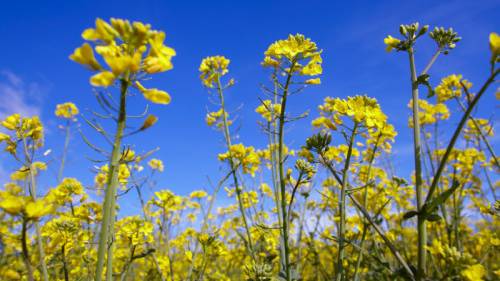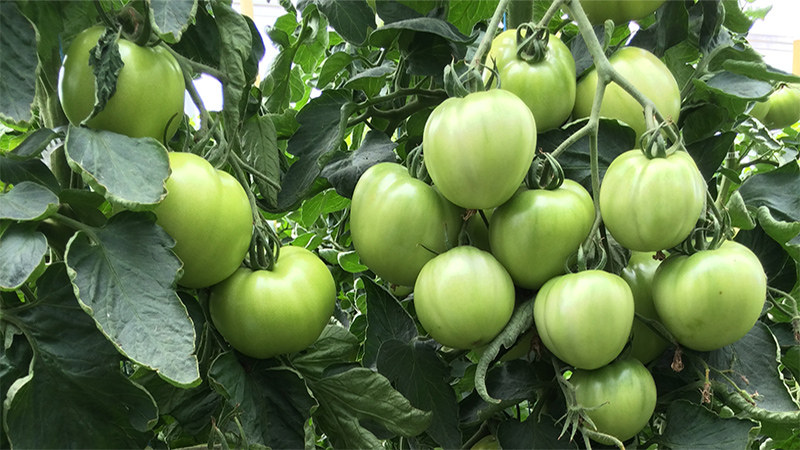DuPont Pioneer, CIMMYT Enter CRISPR-Cas Alliance
DuPont Pioneer and the International Maize and Wheat Improvement Center (CIMMYT) have entered into a Master Alliance Agreement to jointly develop improved crops using CRISPR-Cas advanced plant breeding technology for characteristics that address the needs of smallholder farmers around the world.
“Working together with CIMMYT will enable smallholder farmers to benefit from technology like CRISPR-Cas, helping them solve their challenges,” said DuPont Pioneer President Paul Schickler.
Pioneer and CIMMYT collaborations span decades and have contributed significantly to the food security and livelihoods of farmers and consumers in developing countries.
“In a world of rapid technology evolution, it’s essential that new approaches such as CRISPR-Cas are applied widely to benefit both poorer and wealthier farmers,” said CIMMYT Director General Martin Kropff. “This collaboration with DuPont Pioneer will allow us to provide climate and disease resilient varieties more quickly to smallholder farmers in the developing world.”
CRISPR-Cas is an efficient and targeted plant breeding method to develop healthy seeds by using the best native characteristics available within a crop. A range of potential product targets are under consideration by the newly formed Pioneer-CIMMYT Steering Committee. The first project will apply CRISPR-Cas to address maize lethal necrosis disease in Sub-Saharan Africa.
First observed in Kenya in 2011, the disease spread to neighboring countries in less than five years and reduces maize production by an average 3 percent in dry areas and 32 percent in wetter environments, with up to 90 percent grain loss on some farms. In Kenya, maize lethal necrosis affects nearly a quarter of the total maize production, with annual losses representing approximately $110 million.
Two out of three wheat varieties grown worldwide are either direct releases of CIMMYT lines or are derived from CIMMYT breeding materials by the national agricultural research programs. For maize, work in Sub-Saharan Africa since the mid-1990s by CIMMYT and partners, including local and global seed companies, has led to the development and release of more than 200 drought tolerant varieties that benefit over 5 million households on more than 2.5 million hectares each year.






